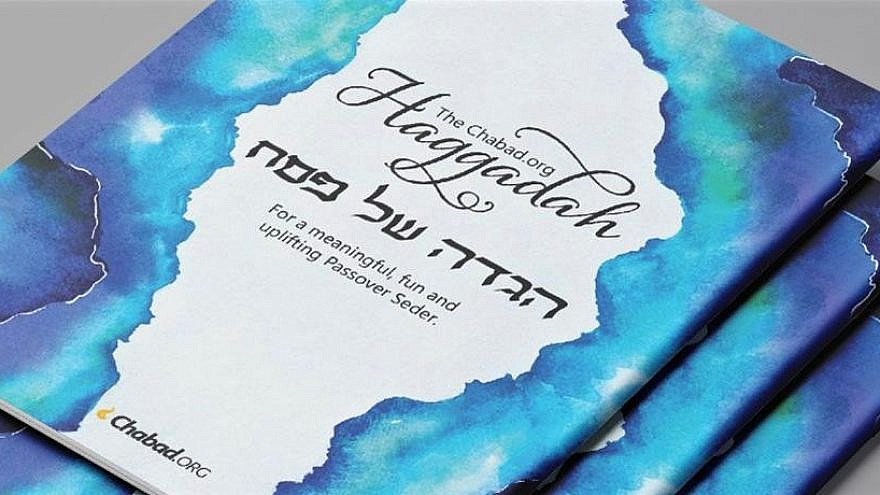Millions of Jews around the world will soon start celebrating Passover. In the Passover Haggadah, the classic text and centerpiece of the entire evening ritual known as the seder, there is a famous set of four questions traditionally asked by the youngest member at the table. Of these four, arguably the most famous is: “Why is this night different from all other nights?” Some would say the rest of the entire Haggadah unfolds from that crescendo.
A parallel question echoes through Jewish households this year as we busily prepare for the holiday and remove from our homes even the most minute amount of leavening and wheat products (part of the holiday ritual): Why is this Passover different from other Passovers?
After two Passovers enduring eerily quiet seders, 2022’s lessening of COVID regulations comes in just the nick of time. In Judaism, we have a concept of something called a chazaka, which means when something happens three times in a row, it takes on a certain significance and import. Since this Passover will be celebrated during a time when gatherings are now allowed unmasked and with unlimited capacity, we thankfully will not have a three-peat of unusual-seder-dom.
And yet while here in America, synagogues will be full again, the dining-room tables will be crammed with relatives and a return to normal will be celebrated, our hearts cry out for all the Ukrainians whose lives continue to be turned over and whose “return to normal” post-COVID coincided with a complete upturning of their lives. We continue to pray for their safety and well-being.
One particularly beautiful story is of an Israeli woman named Sharon Bass, who helped Lasia Orshoko and Alona Chugai—two young Ukrainian women—escape Ukraine, greeting them in tears at Ben-Gurion International Airport upon their arrival in Israel. The backstory is that Bass’s grandmother, Fanya, had been saved during the Holocaust by Lasia’s and Alona’s grandmother Maria (who hid Fanya in her home, risking great peril). And so, Sharon’s act brought the kindness full circle after all these years.
If anything, something we are learning again and again through all these experiences of “normals” and “new normals” is that the question of how “this is different than this” really falls away. At the end of it all, this Passover we are thankful to be alive, free, healthy, and most of all, together. May this upcoming year see us all at peace in the world as well.
Rabbi Benny Berlin is rabbi of BACH Jewish Center in Long Beach, N.Y.


























